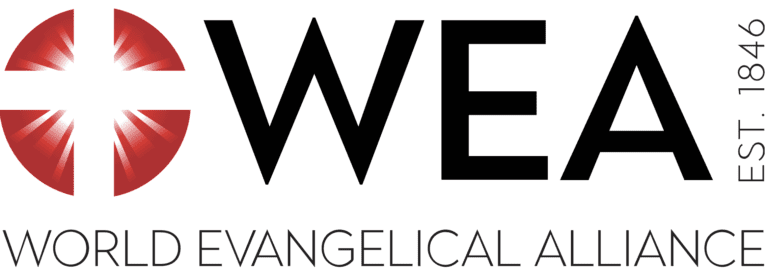The World Evangelical Alliance issued a statement on its website on Saturday, May 17th, in response to a recent whistleblower report published by Khristian Council of Korea, a former national group of Wea.
Below is the complete statement.
WEA statement regarding concerns raised in Seoul regarding the 2025 General Assembly
The World Evangelical Alliance (WEA) deeply appreciates the unity and theological orthodoxy of the global evangelical community. Therefore, we are deeply concerned with both the content of the recent statement and the way the Council of Christianity in Korea (CCK) questioned theological, governance, moral integrity and practice of WEA in public forums, without contacting them in particular directly with their concerns and without first approaching leadership.
The issues raised are a major consequence for the unification of the Korean Church ahead of the Seoul General Assembly. Our heart is to “make every effort to protect spiritual unity through the bond of peace.” (Ephesians 4:3). In line with this, we began a direct dialogue and tried to reach out to CCK to discuss our concerns, but the request was denied.
The world’s evangelical alliance deeply respects the rights of CCKs to retain theological beliefs they consider to be beloved. We recognize their sincere desire to maintain biblical authority, maintain doctrinal clarity, and protect the characteristics of evangelical witnesses. We affirm these priorities and share their commitment to maintaining the trueness of God’s Word and the uniqueness of salvation through Jesus Christ alone.
Ecumenical and Pagan Relationship
Our involvement with leaders from other religious traditions is not a departure from our evangelical beliefs, nor is it a unity that can only be achieved by true believers saved by the blood of Jesus Christ, rather than at any cost.
Instead, as good stewards and ambassadors of Christ, we seek global solutions for religious freedom and peacebuilding, and these concerns call for the WEA to engage other faiths for these purposes. As the WEA General Assembly passed the “Resolution on Freedom of Religion” in 2008, the WEA distinguishes between defending the rights of other or members of religions and supporting the truth of their beliefs.
With regard to concerns expressed around WEA’s relationship with Muslim organizations and the Catholic Church, our involvement is motivated by common interests such as opposed religious extremism and the sanctity of all human life. The WEA’s global governance agency, a major policy within the International Council, will clarify the involvement within the WEA’s inter and within the faith, ensuring that they never compromise the gospel.
The WEA is called to a global forum that demands a full representation of evangelicals. These forums may include the World Council of Churches and the Vatican. These forums are not Bible, but not the support of beliefs and opportunities that Wee can clearly express our identity and voice and increase our profile and credibility as a global concept of Christianity. Evangelicals around the world are roughly equivalent to the total membership of all WCC committees.
Theological attitude
WEA is a membership organization that provides a place for fellowship, unity, collaboration, joint action and advocacy for global evangelicals, including individuals, churches, denominations and organizations. Membership is based on adherence to the widely accepted historical tenants that define evangelicals.
The Bible is God’s Word and serves as our ultimate authority. Jesus’ belief in death and resurrection is the only way we can be saved by eternal life, and we are called to share this good news with others. Our followers are troubled by the Holy Spirit, who is active in our lives and in our world. The believers are called to declare and demonstrate God’s kingdom through private and public actions that produce justice, truth, and good for others.
The role of WEA is not to choose to excel the geographic or cultural representation of one of these four evangelical doctrines over all the others. The WEA respects thousands of theological systems and church expressions that arise from the specific cultures, geography and history that clearly support these doctrines.
Governance and moral concerns
It is also acknowledged that questions have been raised regarding the moral character and governance practices of certain individuals in WEA leadership. As an organization committed to accountability and integrity, we actively review these issues to separate facts from fiction and ensure they are consistent with the governance framework.
If necessary, take appropriate steps to ensure that those representing the WEA do so with credibility, humility and a Christlike character.
At the same time, I strongly believe that personal accusations are best handled in processes outlined in the Bible through personal dialogue and interaction, rather than in the public media field with anonymous “whistleblowers.”
We know that the ways we engage may differ, but we are committed to maintaining the core tenants of evangelical and ethical leadership.
We also continue to be committed to ensuring that future General Assembly in Seoul promotes unity based on truth, transparency and trust. We welcome further dialogue and are open to hearing, clarifying and strengthening the bonds that unite us in Christ.
As we move forward together, we invite continuous prayer and dialogue.
